• Don't insult other visitors. Offensive comments will be deleted without warning.
• Comments are accepted in English only.
• No swearing words in comments, otherwise such comments will be censored.
• Your nickname and avatar are randomly selected. If you don't post comments for 7 days, they both are reset.
• To choose another avatar, click the ‘Random avatar’ link.

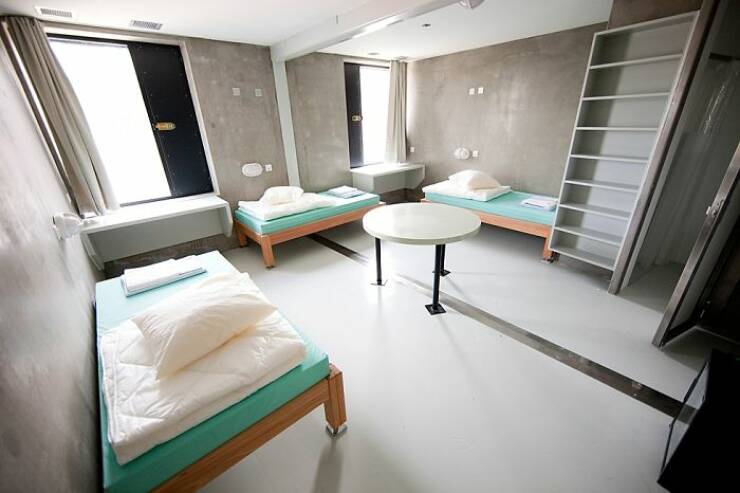
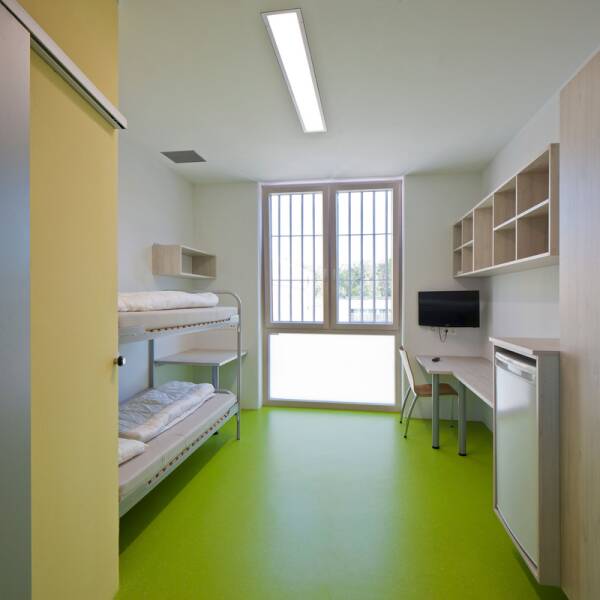
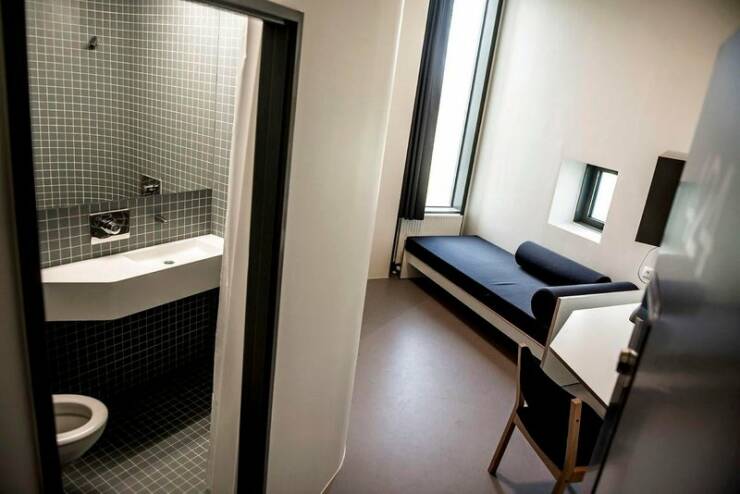
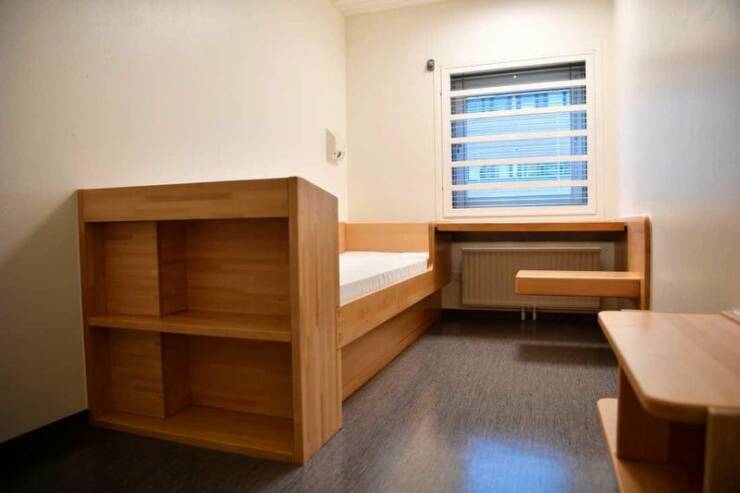
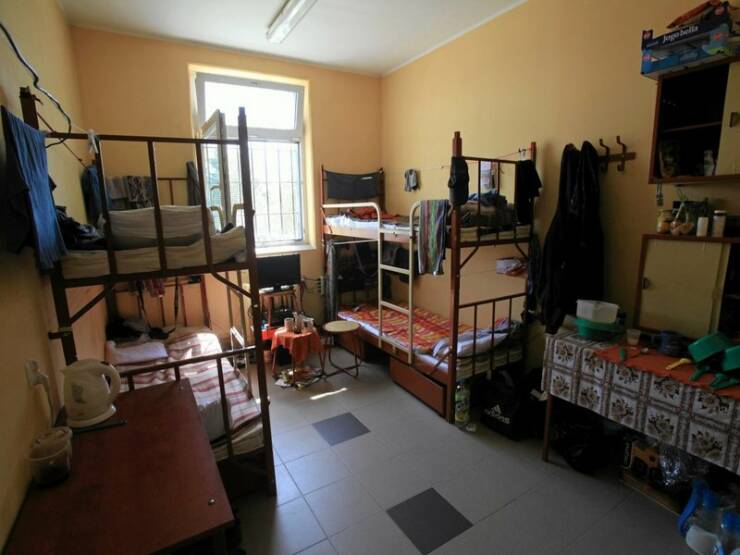
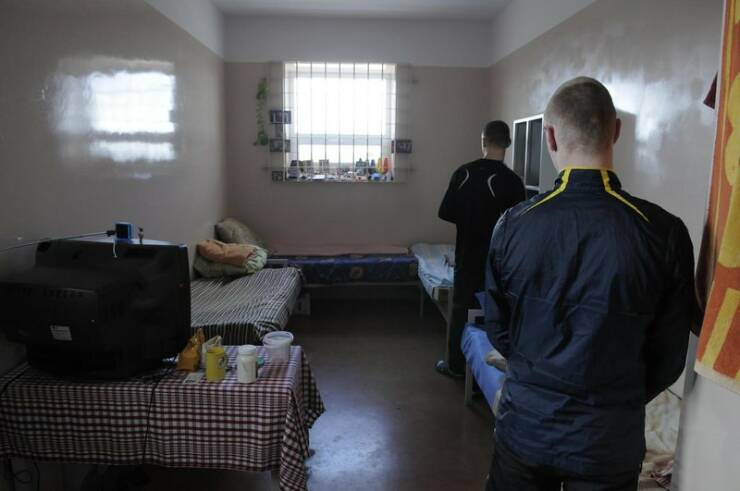
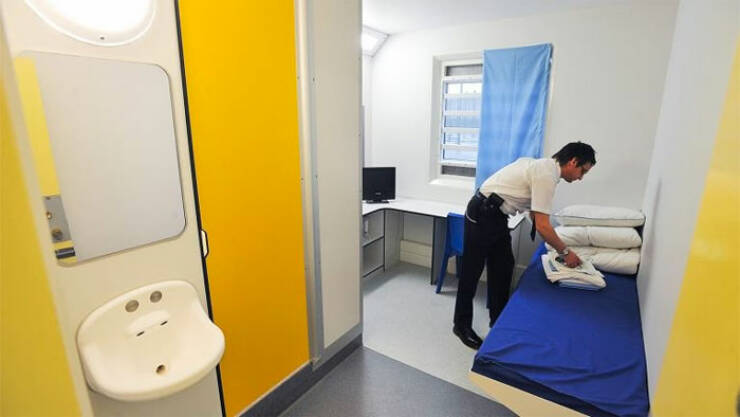
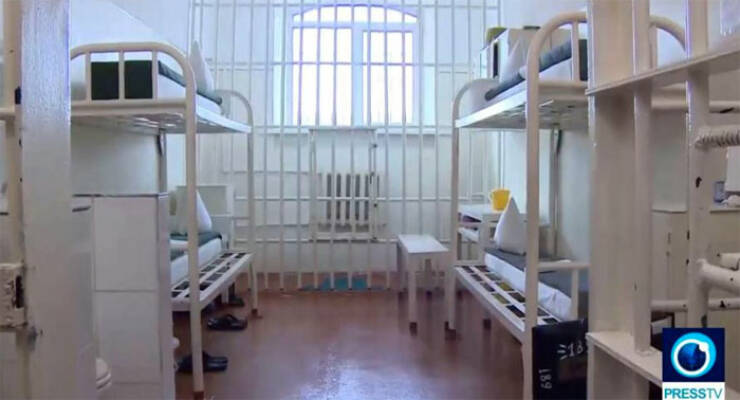
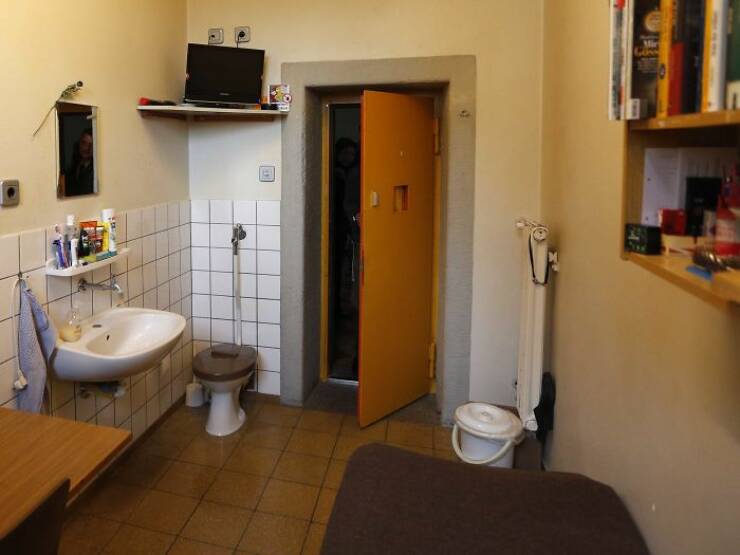
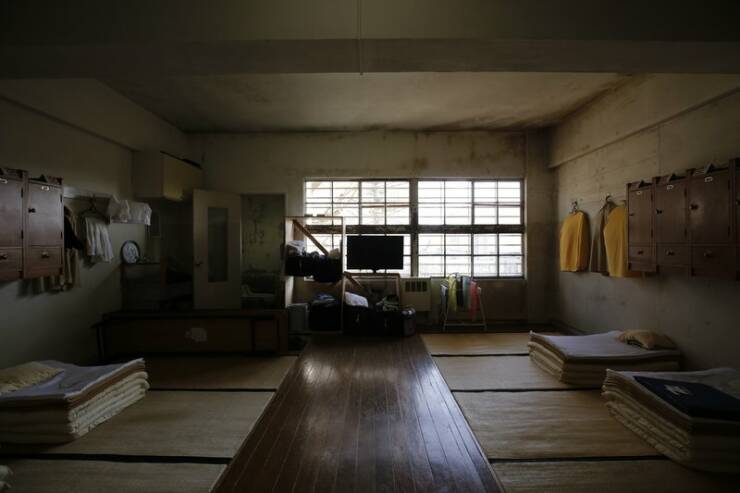
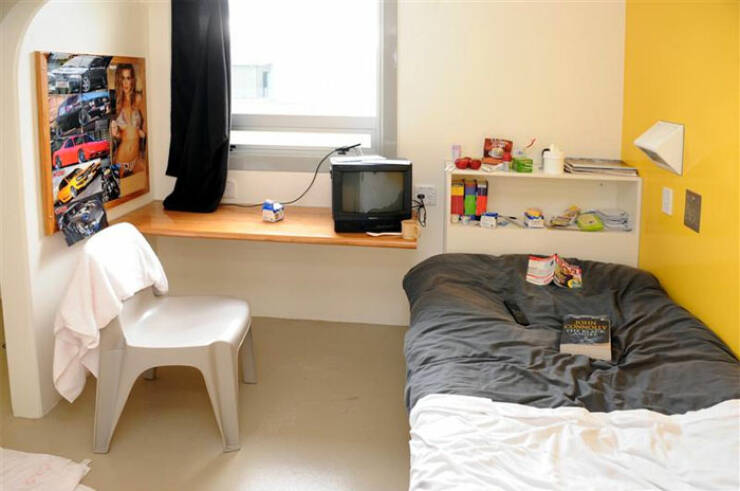
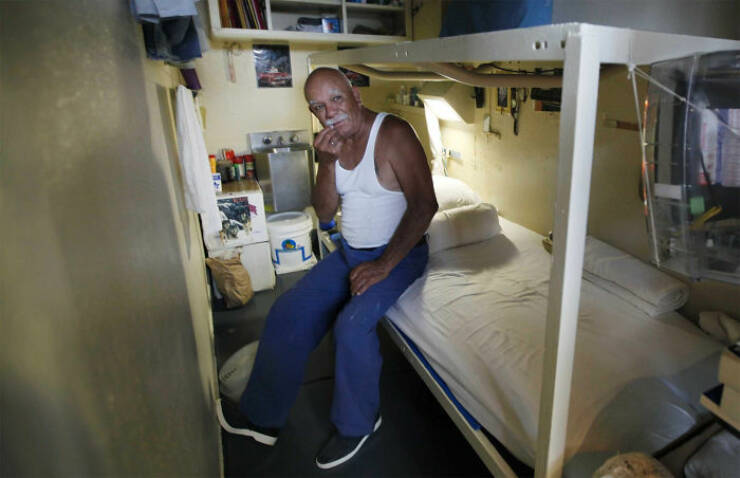
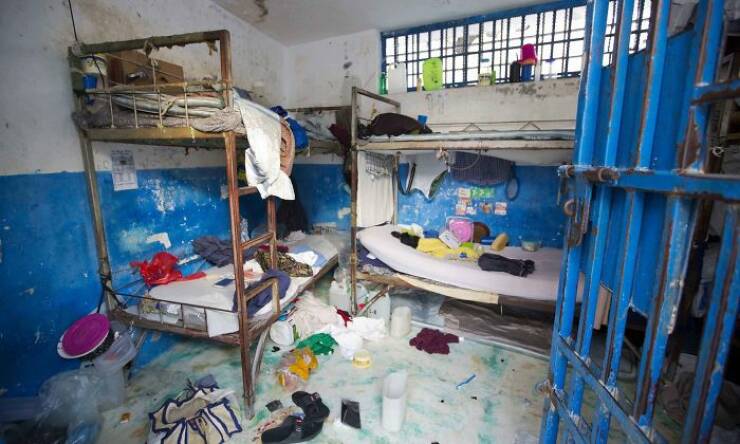
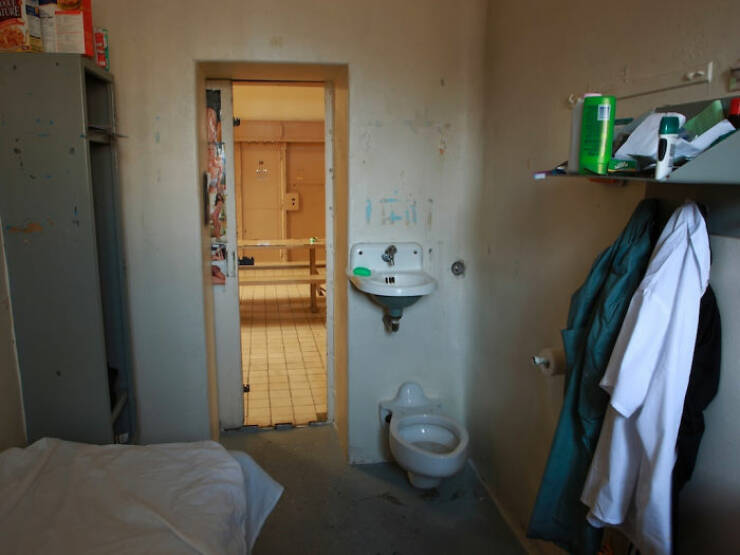
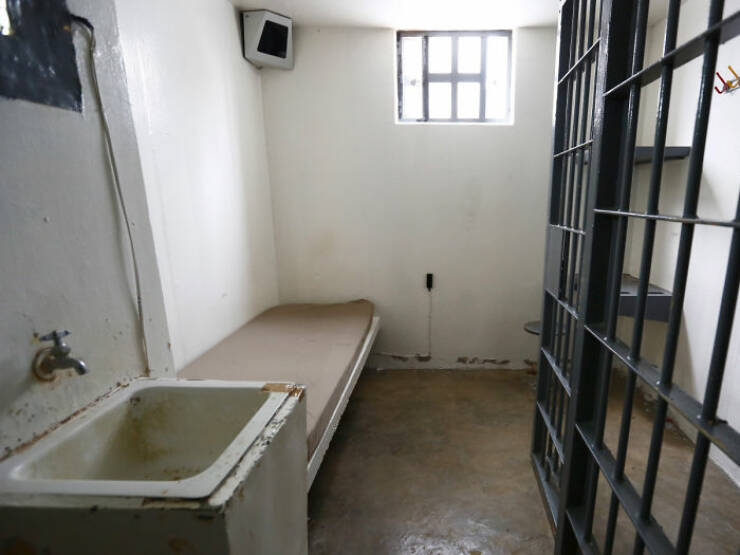
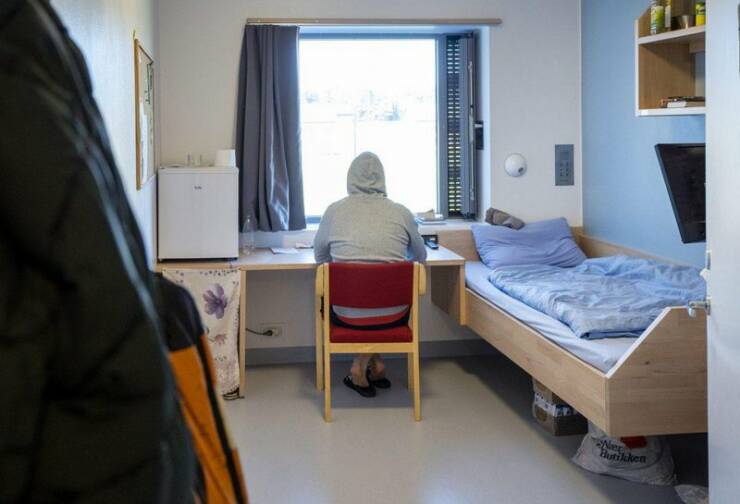



Prison is supposed to be a deterrent to keep you from wanting to go back not a hotel room.
Does it work well?
In the US, the focus is on deterrence and punishment as you say. In much of the rest of the world, the focus is a bit more on safety and rehabilitation. It's one reason many think the US has such high recidivism rate.
The US has 4% of the world's population, but has 21% of all the prisoners in the world. It's a police state through and through. There's money to be made after all.
Do you actually think we have 500% more crime than the rest of the world? That simply isn't reasonable. No, we have a for profit prison system and a well entrenched police state. On purpose. This isn't a secret after all, and has been building since 1968:
"You want to know what this [war on drugs] was really all about? The Nixon campaign in 1968, and the Nixon White House after that, had two enemies: the antiwar left and black people. You understand what I’m saying?
We knew we couldn’t make it illegal to be either against the war or black, but by getting the public to associate the hippies with marijuana and blacks with heroin, and then criminalizing both heavily, we could disrupt those communities. We could arrest their leaders, raid their homes, break up their meetings, and vilify them night after night on the evening news.
Did we know we were lying about the drugs? Of course we did.”
-- John Ehrlichman, Assistant to the President for Domestic Affairs
But Ehrlichman's claim is likely an oversimplification, according to historians who have studied the period and Nixon's drug policies in particular. There's no doubt Nixon was racist, and historians told me that race could have played one role in Nixon's drug war. But there are also signs that Nixon wasn't solely motivated by politics or race: For one, he personally despised drugs — to the point that it's not surprising he would want to rid the world of them. And there's evidence that Ehrlichman felt bitter and betrayed by Nixon after he spent time in prison over the Watergate scandal, so he may have lied.
More importantly, Nixon's drug policies did not focus on the kind of criminalization that Ehrlichman described. Instead, Nixon's drug war was largely a public health crusade — one that would be reshaped into the modern, punitive drug war we know today by later administrations, particularly President Ronald Reagan.
None of that means that the drug war hasn't disproportionately hurt black Americans. It clearly has. But the lessons of Nixon's drug policies may not be so much that he was a racist, power-hungry politician — although, again, he was — but rather that even well-meaning policies can have big, terrible unintended consequences.
Handle on the outside.
Some countries intend to rehabilitate prisoners so they will function as human beings after ended sentences and some just want to destroy the human being that went inside in any way possible.
Dont get me wrong here, a select few individuals do need to spend their remaining life behind bars and i dont mind a harsh time for them. But most can turn their life around if treated like human beings.
Completely agree. These "hotel rooms have been proven to bring recidivism way down and the number of people going back to a life of crime in America, or more than enough other countries is very high.
In a large part of Asia drug crimes carry huge punishments, often death sentences, and still the smuggling is high. Same as with other crimes.
Conclusion: Just have harder punishment does not deter crime.
Punishment DOES deter crime because if there are no consequences or too light ones, more people would do it.
But increasing the punishment and making jailtime more appalling DOES NOT deter it and even has a counter productive effect.
Treat your prisoners like animals and they become animals.
Especially in America the prison system is for profit which creates terrible circumstances prisoners have to live in for years.
How does that affect them? They are on edge the whole time creating a dog-eat-dog environment.
Where you have seasoned, hard criminals and young criminals with relative minor crimes and lighter sentences are mixed in forcing them to adjust. It becomes a criminal school.
And those people are thrown on the street, BUT it is made very hard for them to even get a job. They have to say to any employer they were in jail causing many to not want to employ them despite their crime often not being relative.
For example; I imagine a store owner not wanting go employ a thief (and even once stealing doesn't mean you do it there too), but if the crime was an accident caused by drunk driving that shouldn't matter.
And a lot of places that do employ them treat them terribly and forces then in unpaid overtime and the like because one word of the employer of stealing of even threats can send them right back to jail.
I understand that people think a "hotel room" is something criminals dont deserve.
But the whole point of a prison is, or at least was, to get people to do less crime. As a deterrent.
But if the "hotel room", more opportunity for prisoners to learn a trade, and better counseling proves to keep more people out than the hell hole, isn't that the better option?
Deborah,
Many in the American prison system have no desire for rehabilitation. They are a criminal element that most don't have and unless you live here you wouldn't understand. Many of them treat prison as a badge of honor.
That's, once again, because of how the prison system has become.
And if there IS no good system for rehabilitation, or for that matter, programs available to get them degrees, learn new skills, etc because prisons are a for profit business, they won't be interested in trying.
Once again, treating prisoners better, and giving them options changes that.
There are obviously some that will never change, but that is not the majority by far.
Why basically turn the majority into harder criminals by denying them a way to rehabilitate themselves because there is a minority that will never change?
It only produces more criminals on the street which makes the streets unsafe and costs more money to go in the prison system all because we don't like the idea that a criminal gets anything better than the worst treatment.
The current system obviously doesn't work.
There are countries, my own included, where prisoner population has gone down. We had to close prisons and had other countries send prisoners to us to keep them running.
I highly doubt the situation is different because Americans are magically different but because we have different systems.
What of the victims of the crimes? I'm not talking about the "war on drugs," hopefully the de-criminalization of pot will soon be empty of users and sellers. I'm talking about the victims of violent crimes. Who helps them? They usually have to pay for help to recover from PTSD. Why doesn't the government provide free counseling?
Obviously thst would be good and in my country victims of crimes already get free counseling.
But that has nothing to do with the problem at hand, does it?
We were discussing if the "hotel rooms" are justified.